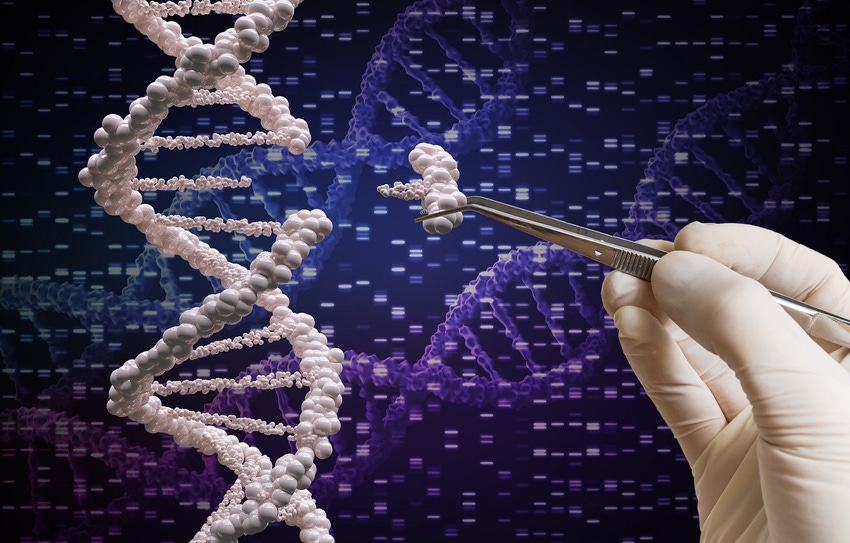Many purposes underlie all the genetic projects of our day. Are you aware of them?

Rose-colored glasses are the great Achilles' heel of science. Everything will turn out just as the proponents say it will, and denials or contrary facts cannot refute.
However, in August 2017 an article on transhumanism and biotechnology on the UKessays website fairly glowed with future promise for gene editing: "... the development of CRISPR (Clustered Regularly Interspaced Short Palindromic Repeats) has proven that it is now possible to genetically engineer our genome without damaging our DNA."
Then in July of this year, a letter published in Nature warns the CRSPR-Cas9 editing tools are more of a blunt instrument than precise shears, and says they may do egregious and irreparable damage to a genome.
Of course, this technology and similar ones give herculean promise, as you can read in this month's feature on an "Inside-out revolution" in the world of medicine by Wes Ishmael.
However, as I see it all these technologies have the same problems of the traditional medicines and breeding techniques that they claim to so perfectly replace. If we modify Newton's third law so it says, "For every action there are one or more connected and generally negative reactions," then we're very near an important hypothesis.
And that's not delving into intentional corruptions using these tools.
Many tools like CRSPR-Cas9 gene editing are prime fodder for transhumanists, that group of people who want to fundamentally end human life as we know it, remaking it in the image of their utopian imaginations.
Transhumanists claim gene editing, robotics, artificial intelligence and similar tools will move us straight into the world of eternal physical life here on earth. As a quote from an article in the American Conservative explains about the opinions of one proponent: For example, what would happen if people never die, while new ones are coming into the world in abundance? His solution to the fear of overpopulation is eugenics. Apparently this same person in essays and arguments quickly transitioned into arguments for state-controlled breeding and also advocated forced creation of handicapped human-animal chimeras.
Indeed, transhumanists exist at many levels of society, including within the "elitist" circles who think they should control every life on earth.
In fact, if you read enough transhumanist material you'll find them using the curious term "singularity." Here's the shocking definition: Transhumanists generally define singularity as ''a hypothetical moment in time when artificial intelligence and other technologies have become so advanced that humanity undergoes a dramatic and irreversible change.''
There are even potentially viable allegations that most or all the first-world powers, including the U.S. government, are busily working to breed super soldiers and perhaps even human-animal chimeras for military purposes deep in secret laboratories around the world.
Essentially similar ethical arguments swirl around this technology as with others in the past, even to the point of banning it. Yet that won't stop the mad scientists of the underworld from propagating it and unleashing it upon the rest of us.
Moreover, because of the nature of humans there is no doubt in my mind CRSPR and other yet-unannounced technologies will be adopted sooner instead of later. That has been the trajectory of every technology in my 60 years of living. Some fall away with a dirty stain on them, such as lead-based paint. Some slip away because they didn't hold up to their promises and/or because consumers overwhelmingly reject them, such as recombinant bovine growth hormone (rBGH) for milk cows or food irradiation. Regardless, the billions of dollars that grease the wheels of the government regulation juggernaut always get things approved.
Unfortunately, I don't have a solution for any of these problems. I don't know the answers, but I believe we need to be looking for them rather than ignoring them.
To explore this topic further, read the source links in this editorial.
About the Author(s)
You May Also Like



